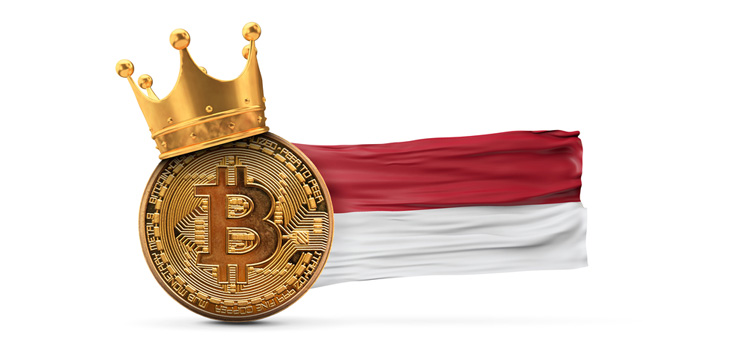|
Getting your Trinity Audio player ready...
|
Indonesia’s proposed national digital asset exchange is inching toward a full-scale launch in the coming months after missing its previous deadline.
The country had previously earmarked December 2022 as the launch date of the national exchange, but several undisclosed reasons forced regulators to postpone the launch date. Minister of Trade Zulkifli Hasan announced the new launch date of June at the start of “Crypto Literacy Month” in Jakarta.
“Let us not rush because if it is not ready, things will get messy. The government does not want this to massively take a toll on the public because people do not know much [about crypto trading],” Hasan said.
Hasan revealed that the Ministry of Trade is still mulling over the firms that will be a part of the exchange, with analysts suggesting that only duly registered operators will be considered. At the moment, there are only five digital currency exchanges approved for operation by Indonesian operators.
In terms of operations, the proposed national digital currency exchange will not operate in the same manner as conventional exchanges. Instead, the national exchange will serve as a clearing house, ensuring that parties to a transaction uphold their ends of the agreement.
Upon launch, the arrangement will be the first of its kind in the virtual currency circles, with some referring to it as a “catalyst for the Indonesian crypto ecosystem.” Hasan confirmed that while the industry-wide implosions in the virtual currency space have rattled regulators, work on the national exchange will still adopt a slow and steady approach.
Despite the plans to launch a national exchange, Bank of Indonesia Governor Perry Warjiyo maintained that the incoming central bank digital currency (CBDC) would be the sole digital legal currency of the Southeast Asian nation.
Bracing for new changes
Indonesia’s local virtual currency industry is preparing itself for a major change in the future following the passage of new legislation that sees virtual currencies as regulated financial securities.
Under the legal framework, digital assets will no longer be controlled by the Commodity Futures Trading Regulatory Agency (Bappebti) but will be within the domain of the Financial Services Authority.
“In fact, crypto assets have become investment and financial instruments, so they need to be regulated on an equal basis with other financial and investment instruments,” said an official from the Finance Ministry.
The rules will come into effect in 2025 to allow the industry to ease its way into the new regulatory framework.
Watch: The Future of Digital Asset Exchanges & Investment

 02-21-2026
02-21-2026 




